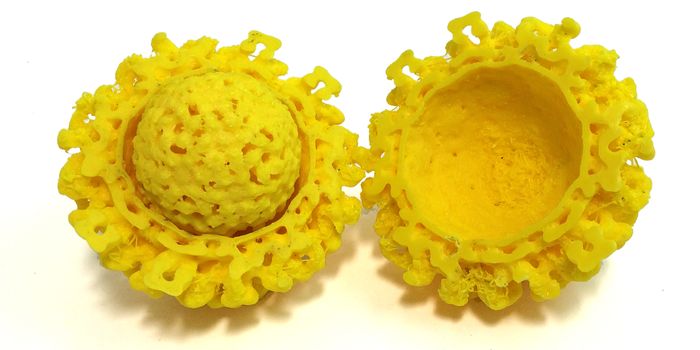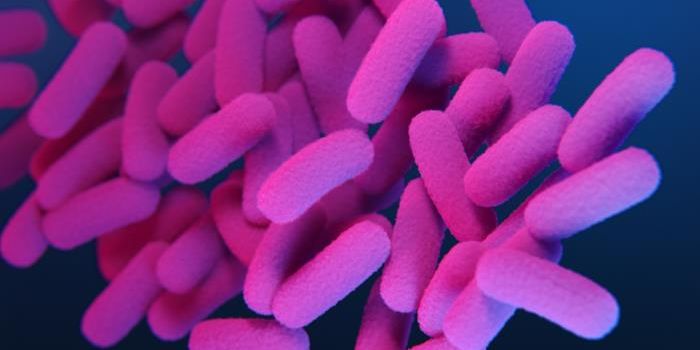Cyanobacteria have the unique ability to move towards light, a process called phototaxis.
According to microbiologists Ian Stewart and Ian R. Falconer, “cyanobacteria are arguably the most successful group of
microorganisms on earth. They are the most genetically diverse; they occupy a broad range of habitats across all latitudes, widespread in freshwater, marine, and terrestrial ecosystems, and they are found in the most extreme niches such as hot springs, salt works, and hypersaline bays.
Photoautotrophic, oxygen-producing cyanobacteria created the conditions in the planet's early atmosphere that directed the evolution of aerobic metabolism and eukaryotic photosynthesis. Cyanobacteria fulfill vital ecological functions in the world's oceans, being important contributors to global carbon and nitrogen budgets.”
Being photosynthetic, these bacteria need a way to sense and respond to light. Researchers from the University of Freiburg found that cells of cyanobacteria, also known as blue-green algae, function like teeny, tiny eyeballs.
According to University of Freiburg microbiologist Conrad Mullineaux, “the fact that bacteria respond to light is one of the oldest scientific observations of their behaviour … our observation that bacteria are optical objects is pretty obvious with hindsight, but we never thought of it until we saw it. And no one else noticed it before either, despite the fact that scientists have been looking at bacteria under microscopes for the last 340 years.”
Mullineaux and colleagues discovered that each spherical bacterium functions like a lens. When light hits one side of the cell, the light is refracted and focused to the opposite side of the cell. Light receptors tell the cell to move away from the focused light, using their pili to move toward the light source.
Sources: eLIFE,
Popular Science, Wikipedia









